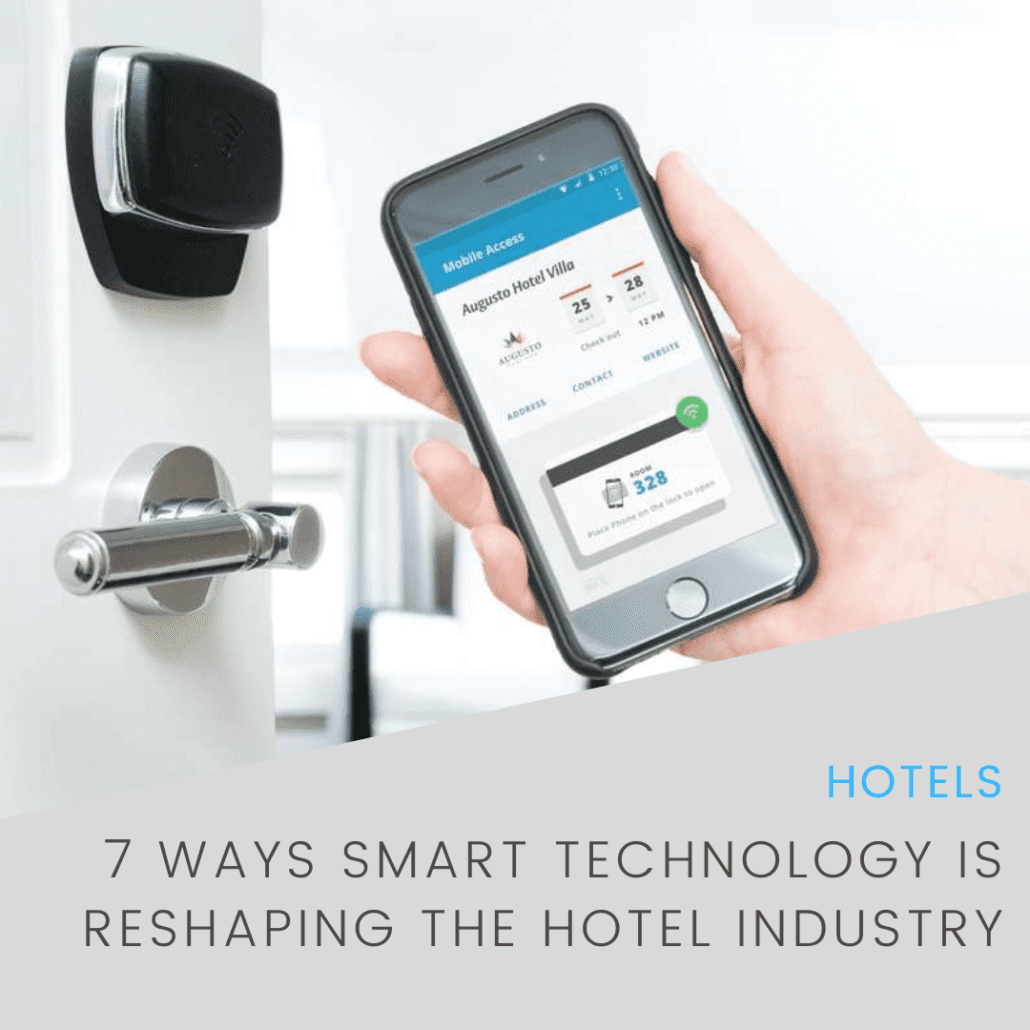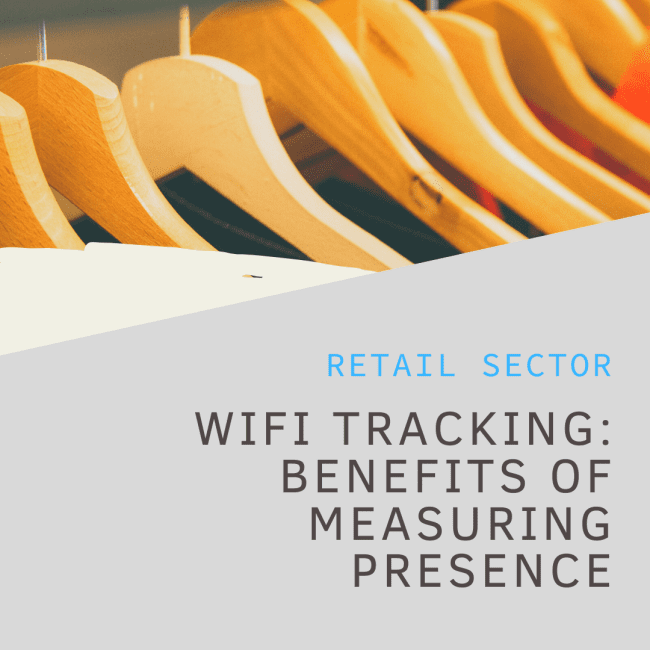Smart technology is transforming everything from our homes to how our cities operate. Many organizations and industries have started incorporating smart technologies into their daily operation to reduce energy costs and build a positive brand image.
The hotel business is no different. Currently, the hotel industry is at the forefront of adopting smart technologies in many ways. Across all aspects of hotel operations and guest experience to marketing, smart hotel technology helps improve the guest experience while saving costs and generating revenue.
Whether virtual check-in, smart room controls, or energy management, hotels use technology to enhance guests’ experiences and streamline operations. Today we will explore seven ways smart technology is reshaping the hotel industry and the future of tourism.
7 Smart Technologies That Are Revolutionizing Hotel Industry
Below are 7 seven ways smart technology impacts the hotel industry, and it will only become more innovative as time progresses.
1. Smart Energy Management Systems (EMS)
Smart energy management systems are computer-based systems that facilitate the monitoring, control, measurement, and optimization of a building’s energy consumption. Such systems use temperature data, seasonal variations, and peak power demands to optimize power consumption.
Significant energy costs in hotels with smart energy-management systems can be significantly lower. Apart from saving energy, they also provide several other benefits, including:
- Enhance productivity and well-being in the building
- Reduce the amount of carbon dioxide emitted by buildings
- Create a positive image of your hotel brand
- Enhance the resale value of the hotel
2. Performing predictive maintenance
With smart EMS, hotel staff can monitor and optimize energy consumption, but with help of predictive maintenance systems, they can detect any hazardous patterns in the hotel premises. The data they collect can be used to alert maintenance personnel before a particular issue escalates into a much more costly one.
Using IoT technology, engineering staff can forecast maintenance needs based on system usage and prevent system failures.
Undoubtedly, even one leaky toilet in a hotel can cost a substantial amount of leakage if not detected early. Furthermore, it is important to consider the damage caused by water before the leak is discovered. Predictive maintenance helps to find such problems quickly, so they don’t cause much trouble in the future.
3. Smart Reserved Parking
The use of smart sensors and apps can now be used by hotels so that guests can reserve parking spaces and have them assigned to them before their visit. This will reduce hotels’ labor costs associated with the manual management of parking inventory, resulting in a more pleasant experience for guests.
4. Smart Room Service
Hotel industry can use smart occupancy sensors to send mobile menu notifications to customers’ smartphones at the most convenient times. It is possible to find tailored advice in these messages based on previous purchases.
Several home food delivery applications offer a similar feature by notifying loyal customers during the days and times when they prefer to order food.
Having smart hotel rooms gives visitors the convenience and comfort they’re used to at home. Many smart home technologies include streaming services built into the home, keyless entry, smart mirrors, lighting and temperature control, voice-activated assistants, and more.
5. Mobile Room Keys
Smart Hotel technology has also overcome another problem-losing or a malfunctioning room key. A mobile app allows guests to access their rooms as needed – they only need a smartphone and the right app. Further, eliminating hundreds of non-reliable plastic key cards is a win for the environment as well as for the goodwill of your organization.
With these smart key applications, hotels can attach them to virtually any desired service or amenity. For example, automatically charging restaurant bills and other expenditures to a room.
In addition, they can even learn about the preferences of repeat customers to provide them with a better and more personalized service.
6. Remote Check-In/Check-Out
Providing guests with the capability of remote check-in via mobile devices allows hotel owners to predict better and plan accordingly for staffing demands and save on labor costs. Also, staff will be notified of guests’ arrival, and they can offer upgrades/upsells to ensure guests receive a more personalized experience.
In addition, self-checkout allows guests to arrange for transportation to their respective destinations at the end of their stay, reducing labor costs.
7. Smart Marketing Practices
While marketing is essential to the hospitality industry, it requires significant time and resources – and that is where smart technology comes into play. With smart marketing technology, we can create more tailored experiences for visitors based on vast amounts of user-generated and collected data.
We learn what guests want and execute it to the greatest degree possible. This type of technology offers hoteliers an in-depth understanding of their audience, what matters to them, and the type of marketing content they prefer.
The other marketing component is reputation management, meaning maintaining your brand’s reputation among your customers. The importance of ratings and reviews to hotel guests cannot be overstated, and customers actively publish their feedback.
To simplify and improve this process, smart hotel technology companies can monitor and respond to online reviews.
Stay ahead in hotel industry
Smart technology is transforming the hotel industry, providing hotels with innovative ways to enhance guest experiences, streamline operations, and reduce costs. From personalized experiences to contactless check-in and check-out, keyless room entry, smart room controls, smart technology is reshaping the hotel industry as we know it.
As technology advances, we expect to see even more innovative solutions to help hotels improve guest experiences and stay competitive in an increasingly digital world. Hotels that embrace smart technology will be better positioned to meet the needs of today’s tech-savvy travelers and create unforgettable experiences that keep guests coming back for more.







